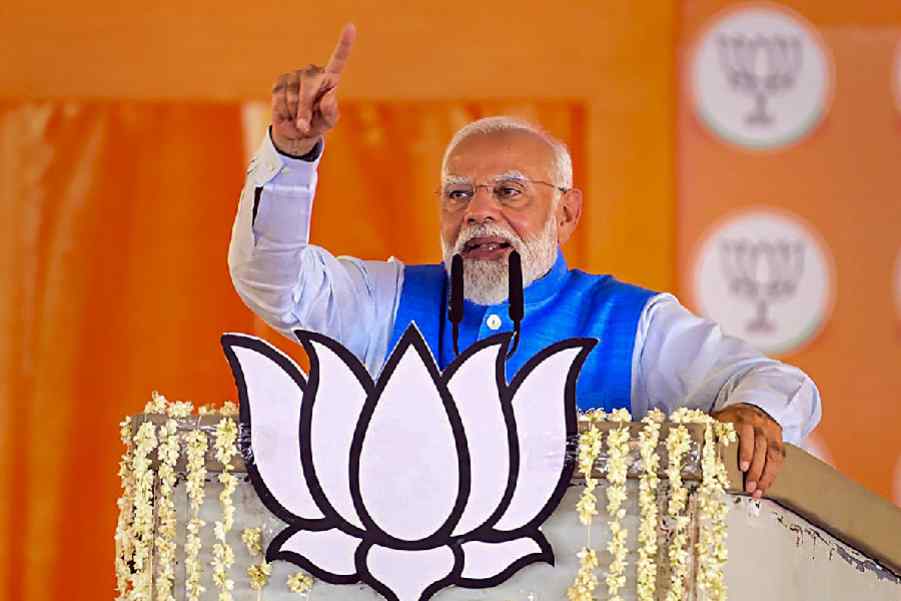Is Bazball a revolutionary new way of playing Test cricket or an inspired piece of team-branding? The series being currently played between England and India has been mined for evidence one way or the other. Given that it stands at 3-1 against England, it has been cited to suggest that when Bazball was tested at Test cricket’s final frontier, an away series in India, it turned out to be more talk than tactic.
Bazball as a phenomenon shouldn’t be dismissed on account of a single series. Given the excitement it has generated amongst spectators, pundits, ex-players and the wariness it has sometimes inspired in opposing teams, it’s worth trying to understand its aura even (or especially) if you’re persuaded that it lacks substance.
Bazball is best understood as a motivational technique. Its author, Brendon ‘Baz’ McCullum, was an attacking wicketkeeper-batsman for New Zealand and, later in his career, an inspirational captain who helped transform a traditionally minor Test-playing nation into a team to be reckoned with. Bazball was born when he took over as the coach of the English Test team at around the same time as England’s captaincy was transferred from Joe Root, England’s best batsman, to Ben Stokes, its Thor-like all-rounder. McCullum is Bazball’s guru-figure and Stokes is his arch-disciple.
It’s worth noting that McCullum dislikes the term because he thinks it has become shorthand for unthinking risk-taking and aggression. Both he and Stokes prefer to think of their approach as one that creates an environment that allows players to express themselves without the fear of recrimination, or worse, of being dropped. Stokes has steadfastly denied, for example, that he and McCullum have pressed Root to adopt a hyper-attacking mode studded with unorthodox shots. His only message to his team has been to play without the fear of failure.
It’s undeniable that England’s cricketing fortunes improved after its Bazball makeover. A team that had won one Test in seventeen before Stokes took over the captaincy
had a summer of extraordinary success in 2022, blanking New Zealand 3-0 at home before pulling off a mammoth run chase against India to level an interrupted series. But it was the English team’s bludgeoning of Pakistan in an away series that established its reputation for unbridled aggression and win-at-all-costs methods.
Ben Duckett’s transformation into a ferocious swan, Zak Crawley’s upright aggression, Harry Brook’s prodigious success, Jonny Bairstow’s late-career resurgence, and Stokes’ ability to mastermind impossible run-chases seemed to ratify Bazball, to raise it from mere braggadocio into a thing.
For example, when Stokes, after going down 0-2 to Australia in the Ashes, claimed that England could still win the urn 3-2, it was widely seen as delusional. As it happened, England squared the series 2-2 and, had weather not intervened in the final Test, would have almost certainly won it by the margin Stokes had nominated. You could argue that the loss of Nathan Lyon weakened the Australians, and it did, but this was a remarkable result against the best Test team in the world.
It was even more remarkable considering that England arguably lost the opening Test of the Ashes because of Bazball’s kamikaze commitment to winning. Stokes declared England’s innings closed on the first day with Root unbeaten on a century because he wanted to have a go at Australia’s openers at that uncomfortable time a few overs before stumps. Australia eventually squeaked home and won the first Test by two wickets. Had Stokes not left those runs on the table, with Root at the crease, England would have likely won.
McCullum and Stokes are properly mocked for deriding draws and talking up their commitment to winning. A draw is part of what makes Test cricket unique; desis of my cohort still get goosebumps thinking of that great Test at the Oval when Sunil Gavaskar hit a double century and India fell agonizingly short of a win but eked out a draw. But hubris is an integral part of Bazball. When Jimmy Anderson revealed that McCullum had told the team it could chase any total India set, even 600, he wasn’t only whistling in the wind. From a Bazballing perspective, it’s essential to persuade the other side that England will go for anything. It’s a contemporary take on the motto of the ordnance service of the US army: “The difficult we do immediately; the impossible takes a little longer.”
Bazball stakes everything on unsettling the opposition by advertising relentless aggression and an inexorable commitment to winning. It is, if you like, a PSYOP,
and to be plausible it must continuously disparage the idea of a draw. Bazball is batting-centric; England packs its team with batsmen and bowlers who can bat. This allows modestly gifted batsmen like Duckett and Crawley to chance their arms, secure in the depth of England’s batting. According to Kartikeya Date, aka @cricketingview, Bazball works best against teams with bowling attacks markedly inferior to England’s, such as Pakistan’s.
When England encounters a team like Australia in England, the contest is more even. Through the Ashes, England fielded teams that batted all the way up to No. 10. In the
first Test, Ollie Robinson, who scored a fifty against India in the Ranchi Test, came in at No. 11. In English conditions, England’s bowlers-who-could-bat, like Chris Woakes, made up a bowling attack that was the equal of Australia’s.
When England tried the same thing in India — choosing a batting-heavy team with just four bowlers with Root filling in as a part-time all-rounder — it didn’t work. Date notes that in India, picking four bowlers was a defensive selection because it left England short of the firepower needed to take twenty wickets in India. Four bowlers plus Root in India was markedly less penetrating than four bowlers plus Stokes in England because England’s spinners were inexperienced rookies.
From Date’s perspective, talk of Bazball obscures the plain cricketing reasons for India’s success and England’s failure. He points out that England’s solitary Test win rode on the back of a once-in-a-lifetime innings by Ollie Pope during which Pope used up enough luck in the form of false shots to power a dozen centuries. For Date, the data confirm that in the medium run, lucky streaks run out and the teams with better bowling — because Test matches are won by bowlers, not batsmen — will eventually overcome.
This is true, but it doesn’t wholly explain Bazball’s impact on cricket’s ecology. Cricket’s backroom boys, its coaches, analysts and experts will argue that process is more important than outcome. Stick to the process and the evidence shows that — other things being equal — the team that makes and implements the most rational calculation of risk and reward will win in the long run.
Except that cricket isn’t played or consumed in the long run: it’s played and watched inside the present of the match in progress. Spectators see sportsmen as heroic agents: to watch Pope smash that incandescent 196 is to acknowledge him as the match’s protagonist and to attribute to his innings an epic quality unmindful of the false shots he played during it. And not only spectators; it would be impossible to be at the sharp end of an innings like that as a player and not feel awed by it.
Bazball feeds off that addiction to individual agency. The idea that matches can be turned by startling declarations, insensate hitting, funky field placement and an inexorable commitment to winning dramatizes the notion that teams can will themselves to victory. Since England’s players, by accident or design, have, under Bazball’s ensign, pulled off improbable victories, there is an aura to Stokes’ teams that puts their rivals and spectators on notice. It might dissipate if this defeat is followed by others; for the moment, though, we should enjoy its strange frisson.
mukulkesavan@hotmail.com










